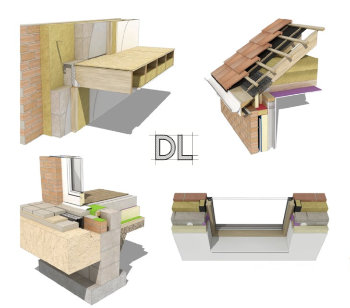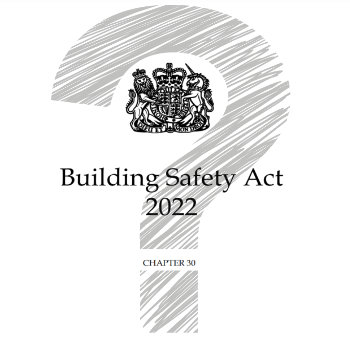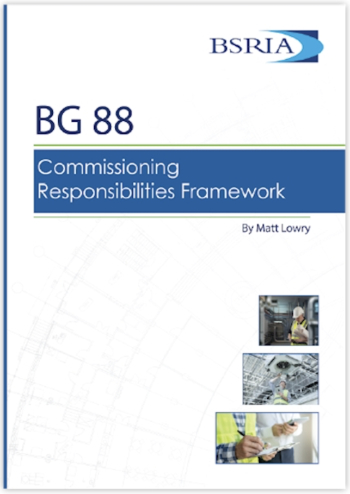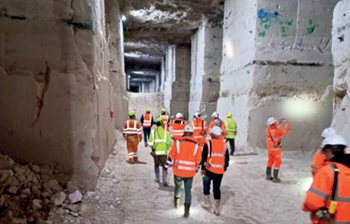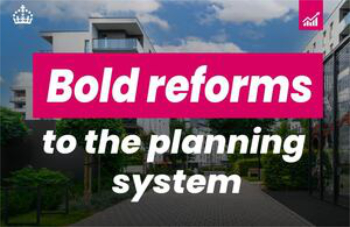Due diligence
Contents |
[edit] Introduction
In its broadest sense, the term 'due diligence' simply refers to taking reasonable steps or exercising reasonable care in relation to a particular course of action.
In relation to the construction industry, it can have a number of more specific meanings.
[edit] Business assessment
Due diligence can refer to the steps taken to thoroughly investigate a business or person prior to signing a contract with them.
[edit] Technical investigations
Technical due diligence refers to the process of investigating a site to assess its suitability for a particular project and the risks involved before proceeding with that project.
For more information, see Technical due diligence.
[edit] Contractor's obligation
Due diligence may be referred to in a construction contract, placing an obligation on the contractor to complete the works with care and the ‘requisite effort’. A similar term may refer to ‘ordinary care’, that is, the care that a reasonable person would take to avoid harm to other persons or property.
In the case of Sabic UK Petrochemicals Limited v Punj Lloyd Limited, the Technology and Construction Court (TCC) had to examine whether a contractor was in breach of this obligation with regard to the delivery of a petrochemical plant.
The contractor maintained that due diligence required them to maintain an appropriate rate of progress, with regard to the contract requirements, and the completion date that was realistic at the time their rate of progress was being assessed. They claimed that due diligence did not extend to them being obliged to achieve the impossible, and they were not required to accelerate the works to claw back delays.
The TCC disagreed with the contractor and ruled that just because compliance with one or more of the absolute contractual obligations has become unachievable does not mean or imply that these obligations are objectively incapable of achievement. It would be necessary for the contractor to prove the impossibility of complying with the absolute contractual obligation.
They also held that the contractual terms did not suggest that the due diligence obligation should be ‘emptied of content’ as a result of the completion date becoming unachievable. Circumstances may arise, the court found, where the exercising of due diligence may require taking measures not originally contemplated, such as acceleration measures in the case of a delay, if that is what is required.
As a result, it was held that contractual requirement to proceed with ‘due diligence’ imposed strict obligations on the contractor that must be adhered to.
[edit] Related articles on Designing Buildings Wiki
Featured articles and news
From studies, to books to a new project, with founder Emma Walshaw.
Types of drawings for building design
Still one of the most popular articles the A-Z of drawings.
Who, or What Does the Building Safety Act Apply To?
From compliance to competence in brief.
The remarkable story of a Highland architect.
Commissioning Responsibilities Framework BG 88/2025
BSRIA guidance on establishing clear roles and responsibilities for commissioning tasks.
An architectural movement to love or hate.
Don’t take British stone for granted
It won’t survive on supplying the heritage sector alone.
The Constructing Excellence Value Toolkit
Driving value-based decision making in construction.
Meet CIOB event in Northern Ireland
Inspiring the next generation of construction talent.
Reasons for using MVHR systems
6 reasons for a whole-house approach to ventilation.
Supplementary Planning Documents, a reminder
As used by the City of London to introduce a Retrofit first policy.
The what, how, why and when of deposit return schemes
Circular economy steps for plastic bottles and cans in England and Northern Ireland draws.
Join forces and share Building Safety knowledge in 2025
Why and how to contribute to the Building Safety Wiki.
Reporting on Payment Practices and Performance Regs
Approved amendment coming into effect 1 March 2025.
A new CIOB TIS on discharging CDM 2015 duties
Practical steps that can be undertaken in the Management of Contractors to discharge the relevant CDM 2015 duties.
Planning for homes by transport hubs
Next steps for infrastructure following the updated NPPF.








